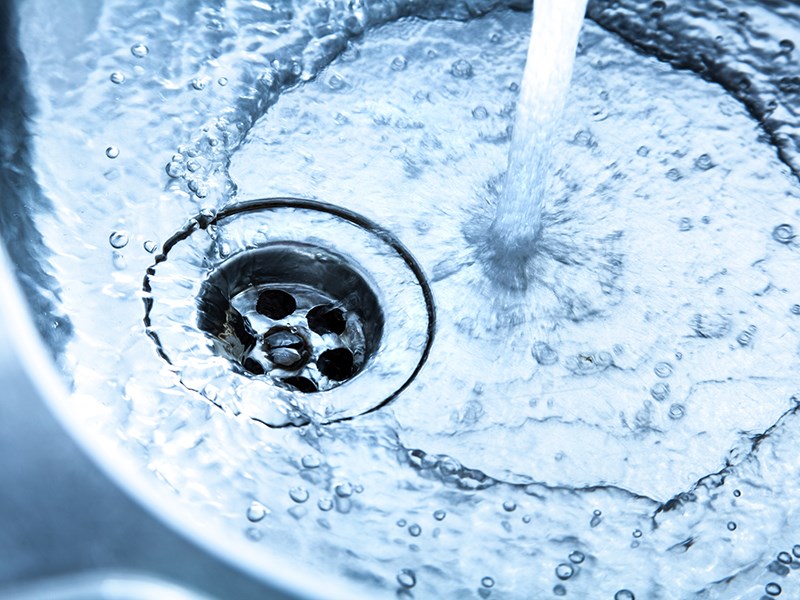Microplastics have received a lot of negative press recently, and deservedly so. Recently, however, another nearly invisible challenge is literally flooding our oceans and making its way into the air and soil as well.
Contaminants of emerging concern (CECs) is a catchall term referring to pollutants that include pathogens, cleaning products, metals, pharmaceuticals, pesticides, antibiotic-resistant bacteria, illegal drugs, personal care products, synthetic and natural hormones, and chemicals that are being flushed down pipes.
We’ve all been there: cleaning up after car repair or a renovation, tidying up the medicine cabinet, or simply doing our business in the bathroom after taking some medication and wondered: “Where does all this stuff go?”
We may soothe ourselves with the notion that wastewater treatment plants are equipped to filter out CECs, but that is simply a faerie tale. As the products in our lives become increasingly complex, so does their disposal.
Until 2013 there were no federal regulations requiring secondary treatment of wastewater that breaks down bacteria. Even secondary treatment, however, does not filter out CECs.
Some treatment plants have tertiary treatment, which is capable of removing some CECs, but not all, and this at a high cost to taxpayers. As of 2016, there were no Canadian regulations which required removal of CECs from wastewater and that is still where we find ourselves, leaving us with the question: “Which CECs do we need to worry about most, now and in the future?” And what levels of CECs should be deemed acceptable, if any?
While municipalities and researchers appeal for government regulations, what can the average citizen do? Fortunately, the solutions are plentiful.
Return expired pharmaceuticals to your local pharmacy free of charge. Remove pills from their dispenser, be it a bottle or blister pack, and return in a ziplock bag or small baggy. Recycle bottles curbside or at depots. Lotions and liquids should be kept in their original containers before drop-off at a pharmacy.
Used oil and antifreeze can be safely disposed of for free alongside oil filters and bottles at Sunshine Disposal and Recycling on Franklin Avenue (Wednesdays, Fridays and Saturdays from 10 am to 4 pm), and for a fee at Augusta Recyclers, south of Powell River.
Unfinished paint, including primers, latex, aerosols and empty cans, can all be dropped off at Augusta for free. “Mystery” liquids from your garage or house should be absorbed in sawdust, or pressed sawdust or newspaper animal litter, and disposed of as household garbage. While not ideal, at least these end up encapsulated in landfills and thus sealed off from aquifers and the like.
Cigarette butts contain plastic filters full of polluting chemicals, so dispose of them through household garbage to avoid adding their chemical soup to stormwater.
Reconsidering the household cleaners and beauty products we bring into our homes and lives is another effective action we can all take. Opting for less harsh, even homemade, cleaning products is often a possibility. Many of the products we put on our bodies aren’t that great for us or the planet, either.
Imagine your pet drinking a diluted version of the chemicals, pharmaceuticals, pesticides and hormones you may be rinsing down your drains. If it’s not good for them, chances are there is a better way to dispose of it.
Let’s Talk Trash is qathet Regional District’s waste-reduction education program. For more information, email [email protected] or go to LetsTalkTrash.ca.



